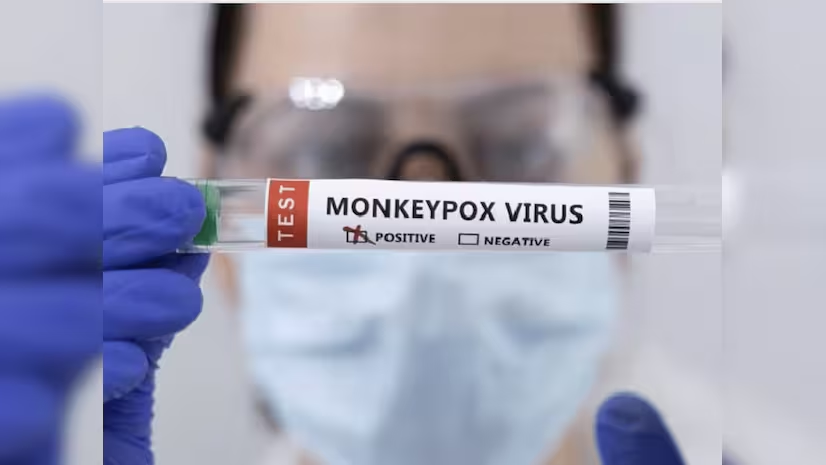New Delhi, August 20: The global outbreak of mpox in 2022 served a stark reminder of the potential for rapid spread of infectious diseases. the situation has improved. The experience has highlighted the importance of robust public health infrastructure and preparedness. India, having grappled with the COVID-19 pandemic. Is now focused on strengthening its defenses against future health crises.
Mpox Virus Vs COVID-19 Pandemic: What You Need To Know
The Mpox virus, highly contagious and severe. Raised alarms similar to the COVID-19 pandemic. Its rapid spread and serious symptoms, Like breathing trouble and organ failure, make it a critical threat to public health. India’s healthcare system, still recovering from the last crisis, now faces the tough task of potentially managing a surge in cases again.
What Is Government Doing?
The mpox outbreak, though not as severe as COVID-19. Showcased the challenges of managing a rapidly evolving health threat. India responded by implementing surveillance systems, contact tracing, and isolation measures. This experience has provided valuable insights into the country’s capabilities and areas for improvement.
To counter this threat, the Indian government is intensifying its preparedness plans. These include setting up specialized treatment centers, boosting testing capacities, and ensuring ample medical supplies and equipment to support the healthcare system.
The government is focusing on strengthening the healthcare infrastructure to handle a possible influx of Mpox cases. Learning from the COVID-19 experience, steps are being taken to expand hospital capacities. Improve access to essential care facilities, and better train healthcare workers to manage the virus effectively.
Lessons from COVID-19
The COVID-19 pandemic was a watershed moment for India. The country’s response, marked by rapid vaccine development, widespread testing, and contact tracing, has laid a strong foundation for future pandemic management. Key lessons learned include:
Strengthened Healthcare Infrastructure: India has expanded healthcare facilities, increased the number of hospital beds, and enhanced medical equipment availability.
- Surge Capacity: The country has developed plans to scale up healthcare resources in case of another outbreak.
- Vaccine Manufacturing: The domestic vaccine production capacity has been significantly boosted. Ensuring quicker response to future health emergencies.
- Public Awareness: The importance of public awareness and cooperation has been emphasized. With campaigns aimed at promoting hygiene, vaccination, and social distancing.
- Data Management: India has invested in digital health infrastructure, enabling efficient data collection and analysis for disease surveillance.
Mpox: Preparing for the Next Pandemic
the threat of COVID-like pandemic remains. India is taking proactive measures to enhance its preparedness:
- One Health Approach: Recognizing the interconnectedness of human, animal, and environmental health, India is adopting a One Health approach to prevent future outbreaks.
- Early Warning Systems: The country is investing in early warning systems to detect potential outbreaks at an early stage.
- Research and Development: India is strengthening its research capabilities to develop new vaccines, therapeutics, and diagnostics.
- International Collaboration: Collaborating with global health organizations is crucial for sharing knowledge and resources.
- Risk Communication: Effective communication with the public is essential to build trust and promote preventive measures.
India faces the threat of another possible pandemic. The government’s readiness and response are crucial to protecting public health and minimizing the impact of the Mpox virus. Staying alert, taking proactive steps, and coordinating efforts are key to ensuring the nation is well-prepared for any health crisis that may come.







